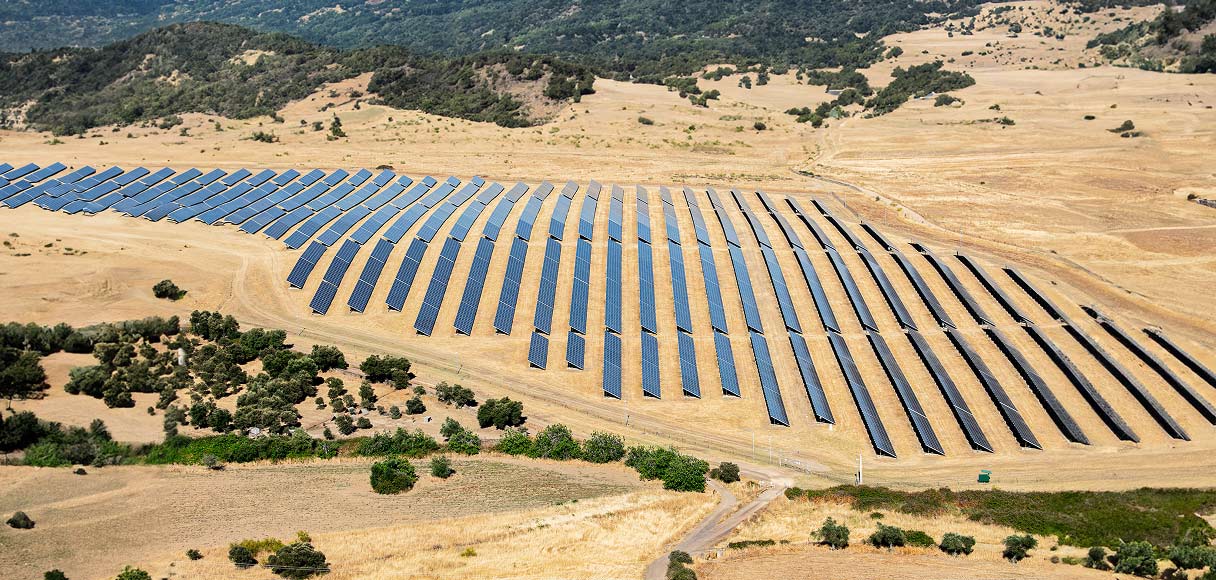
Infrastructure is the foundation of economic, social and personal endeavour. It encompasses the basic facilities, resources, networks and systems that are essential to the smooth functioning of our society. While governments have traditionally been responsible for the provision and management of infrastructure, there has been a notable upsurge in private investor interest in infrastructure investment across Europe.
Private investors are recognising the potential of infrastructure as an asset class. This recognition is driven by a number of factors, including growing demand, stable returns, inflation protection, diversification opportunities and sustainability considerations. As a result, infrastructure investments offer attractive returns while contributing to positive social progress.
Growing Demand for Infrastructure
In a rapidly changing world, the need for modern and sustainable infrastructure continues to grow. Several factors are driving this trend.
The world's ever-growing population is putting immense pressure on existing infrastructure. While some parts of Europe are experiencing population decline due to low birth rates, countries such as Switzerland are experiencing significant population growth, mainly due to immigration. This demographic trend requires substantial investment in infrastructure in various sectors, including transport, education, healthcare and energy, to meet growing demand and ensure efficient service delivery.
As economies grow, so does the need for modern and efficient infrastructure. The need for energy, communications and investment in education increases accordingly. Countries also invest in their infrastructure to stimulate economic growth. There is a clear correlation between infrastructure investment and GDP.
Many existing facilities are ageing and in need of repair or replacement, increasing the need for new infrastructure projects.
Rapid technological progress means that infrastructure becomes obsolete more quickly. New technologies can provide more efficient solutions, even if the existing infrastructure is still functional.
Sustainability and reducing the carbon footprint are at the centre of public attention and political debate. Demand for infrastructure projects in renewable energy and efficient waste management is growing. There are also government programmes to promote sustainability, such as funds for green infrastructure projects at the European level.
The need for an independent energy supply has been highlighted by the conflict in Ukraine. Demand for power generation facilities, especially those with low or no CO2 emissions, has increased.
Given the growing need for infrastructure, opportunities are opening up for private and institutional investors. At the same time, many governments are facing growing debt, limiting their ability to finance large-scale projects.
Investment Group Infrastructure
For full product information and performance of the Infrastructure investment group, please visit our download centre.